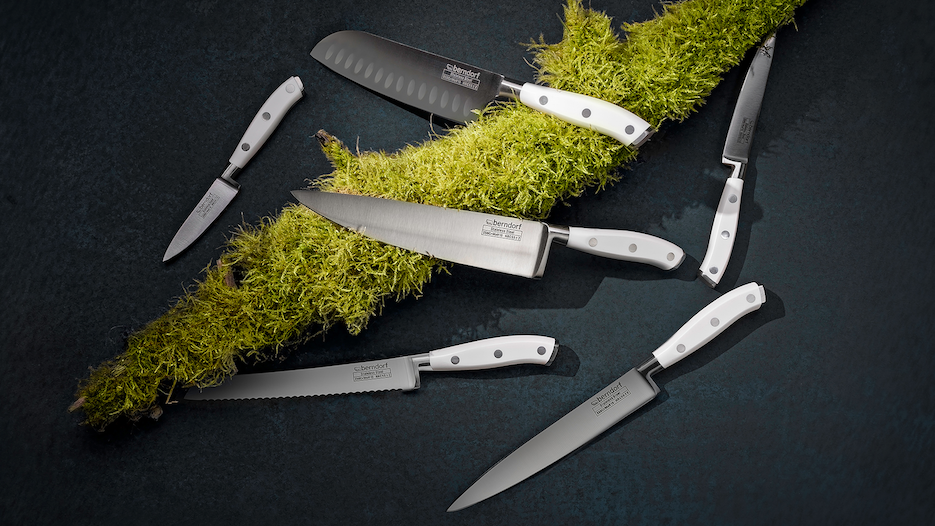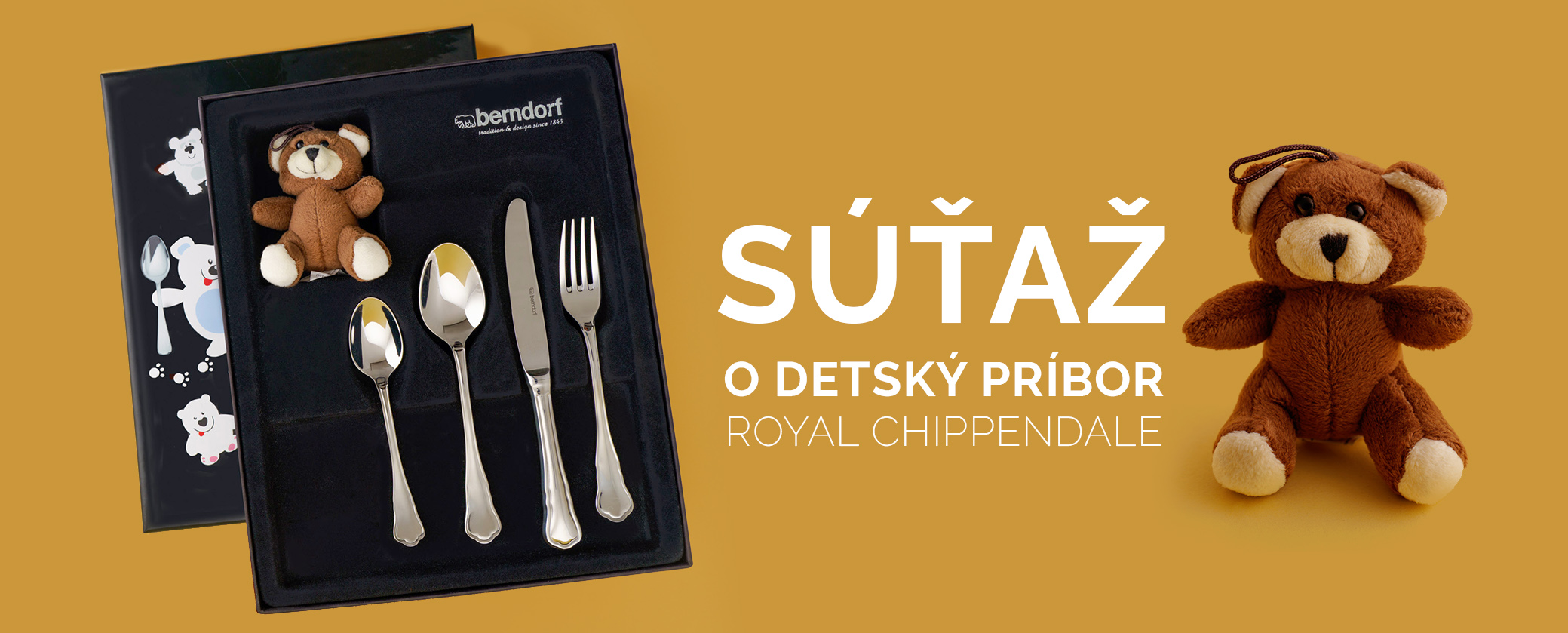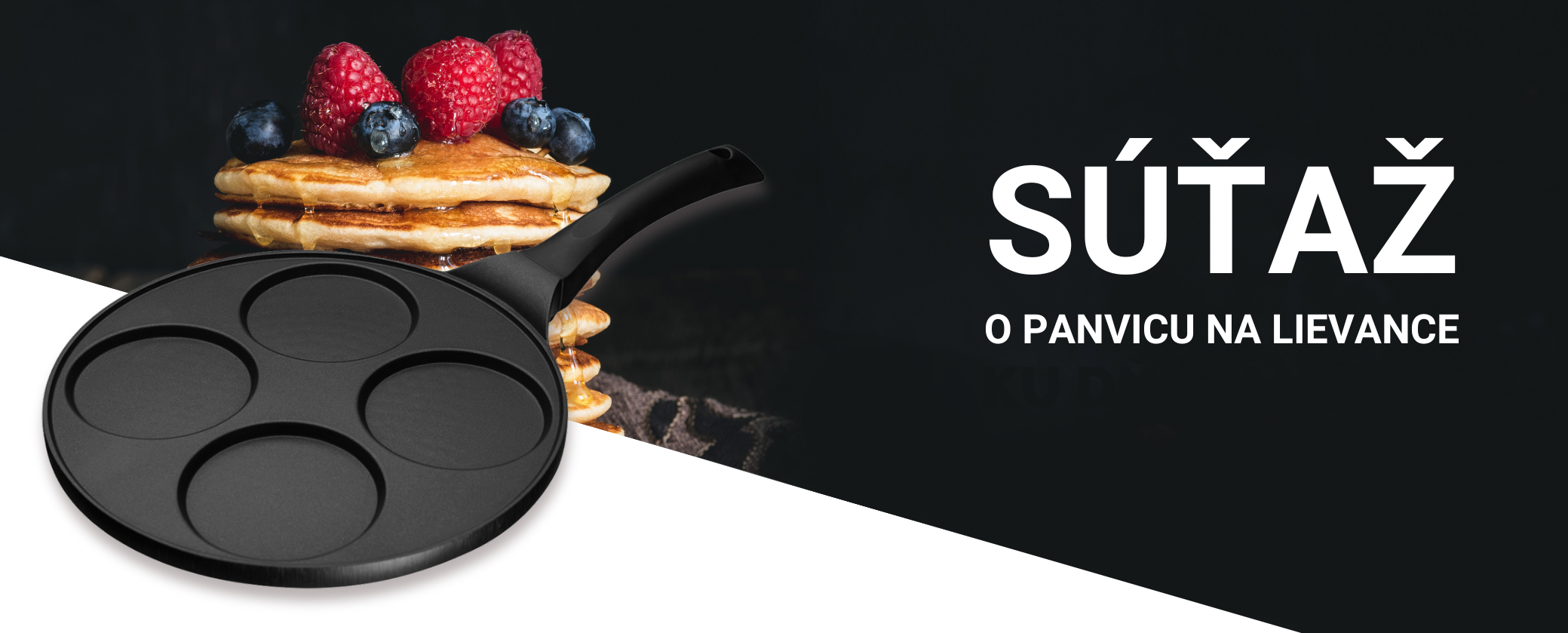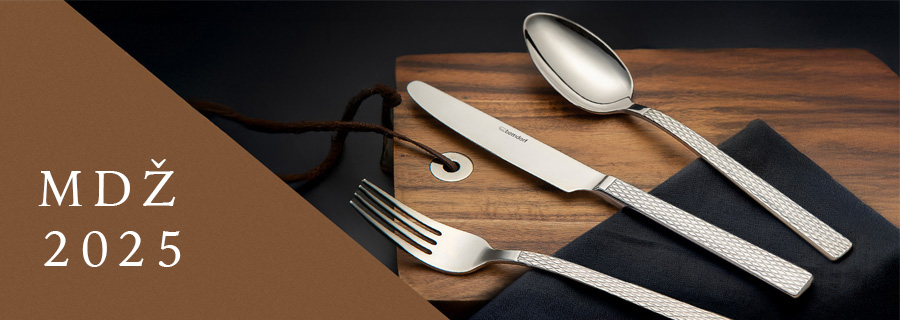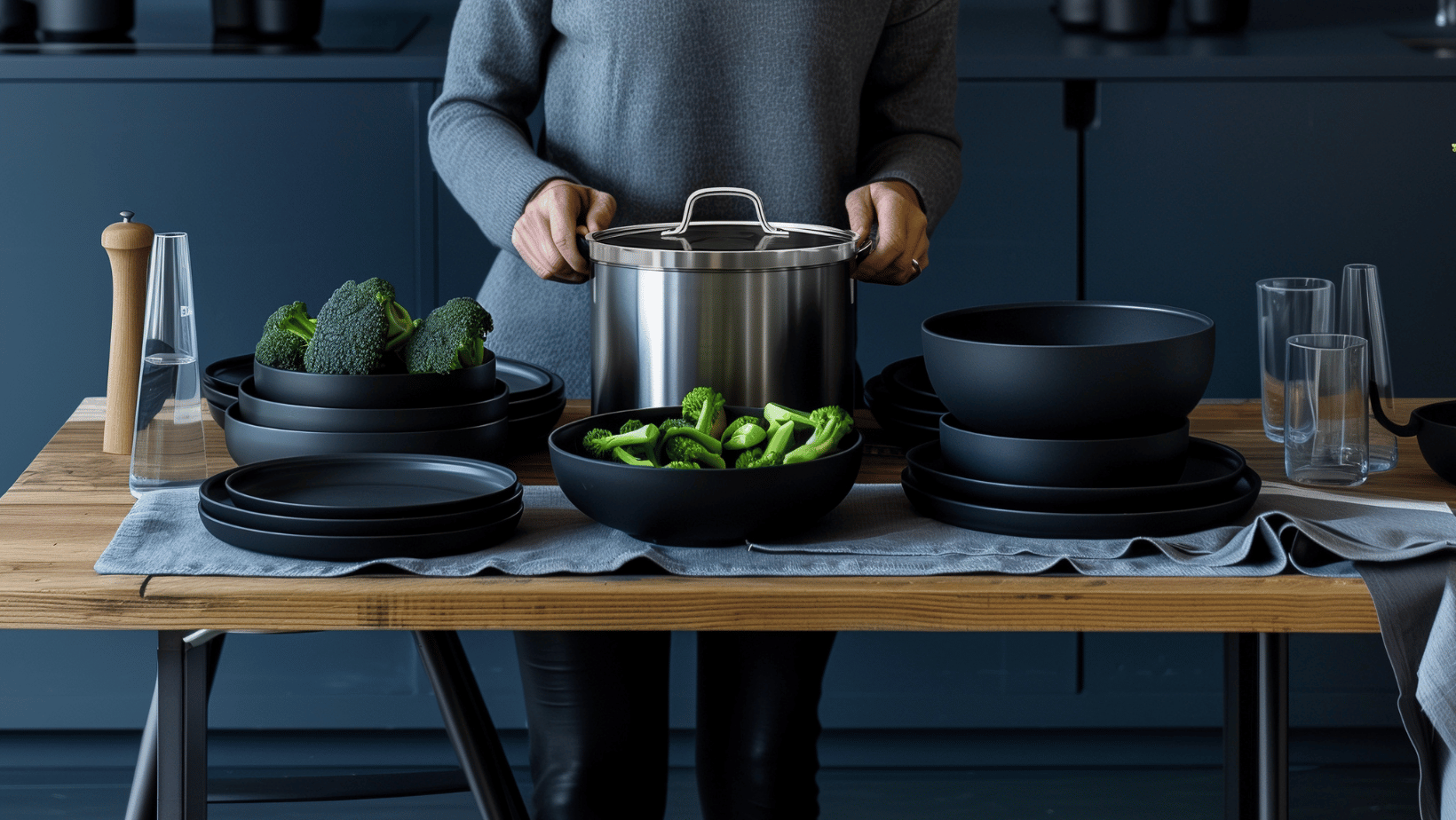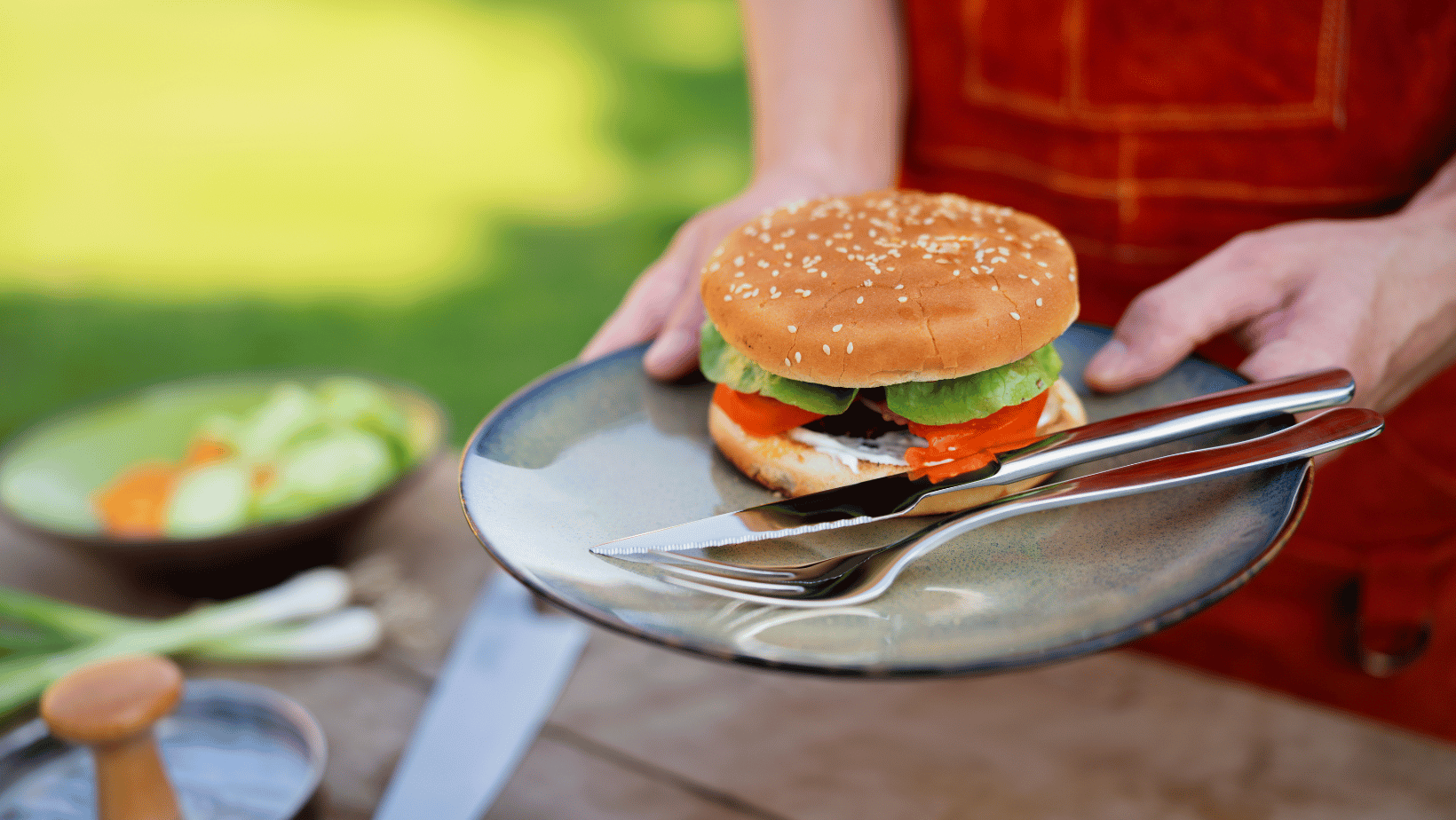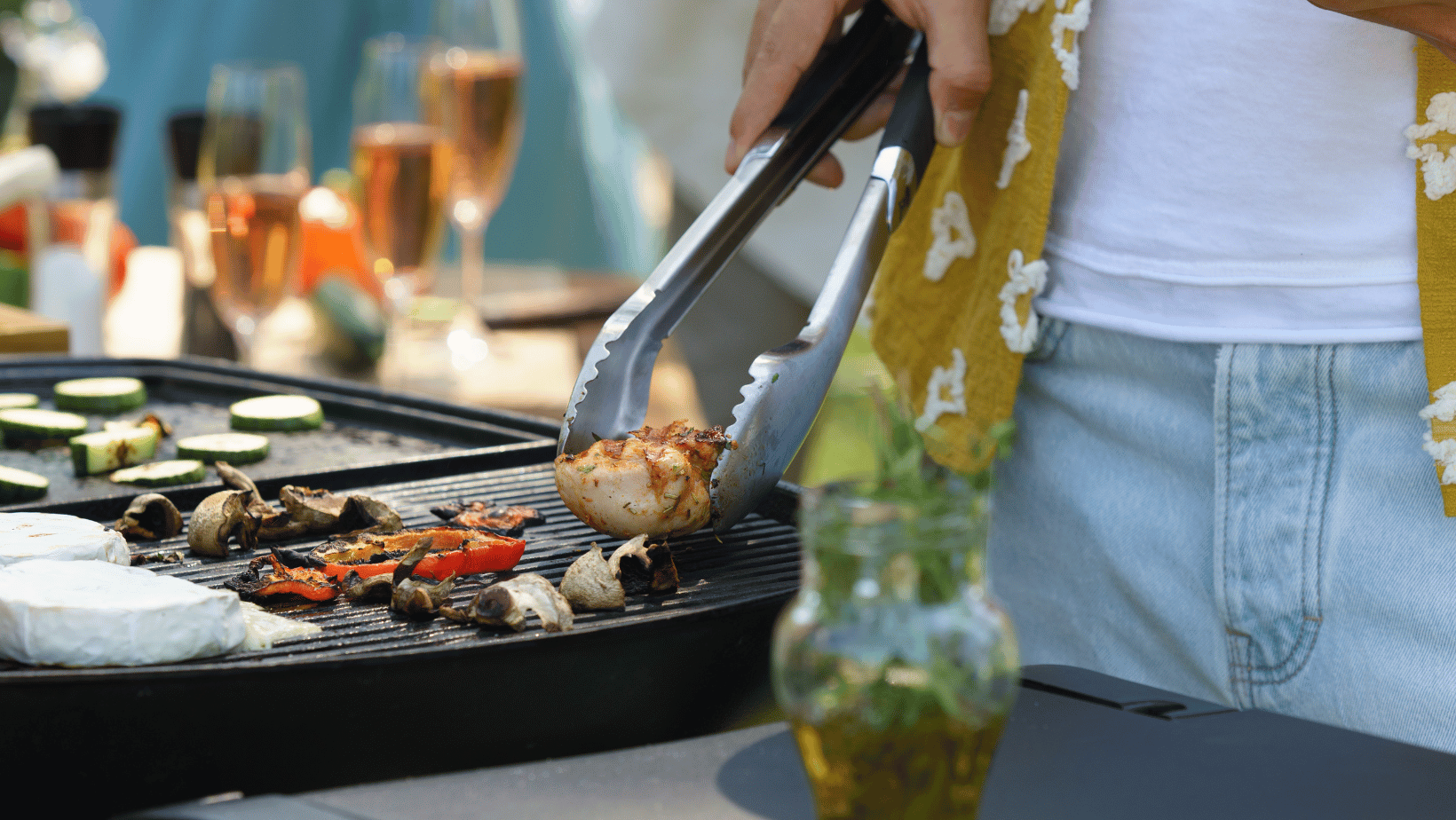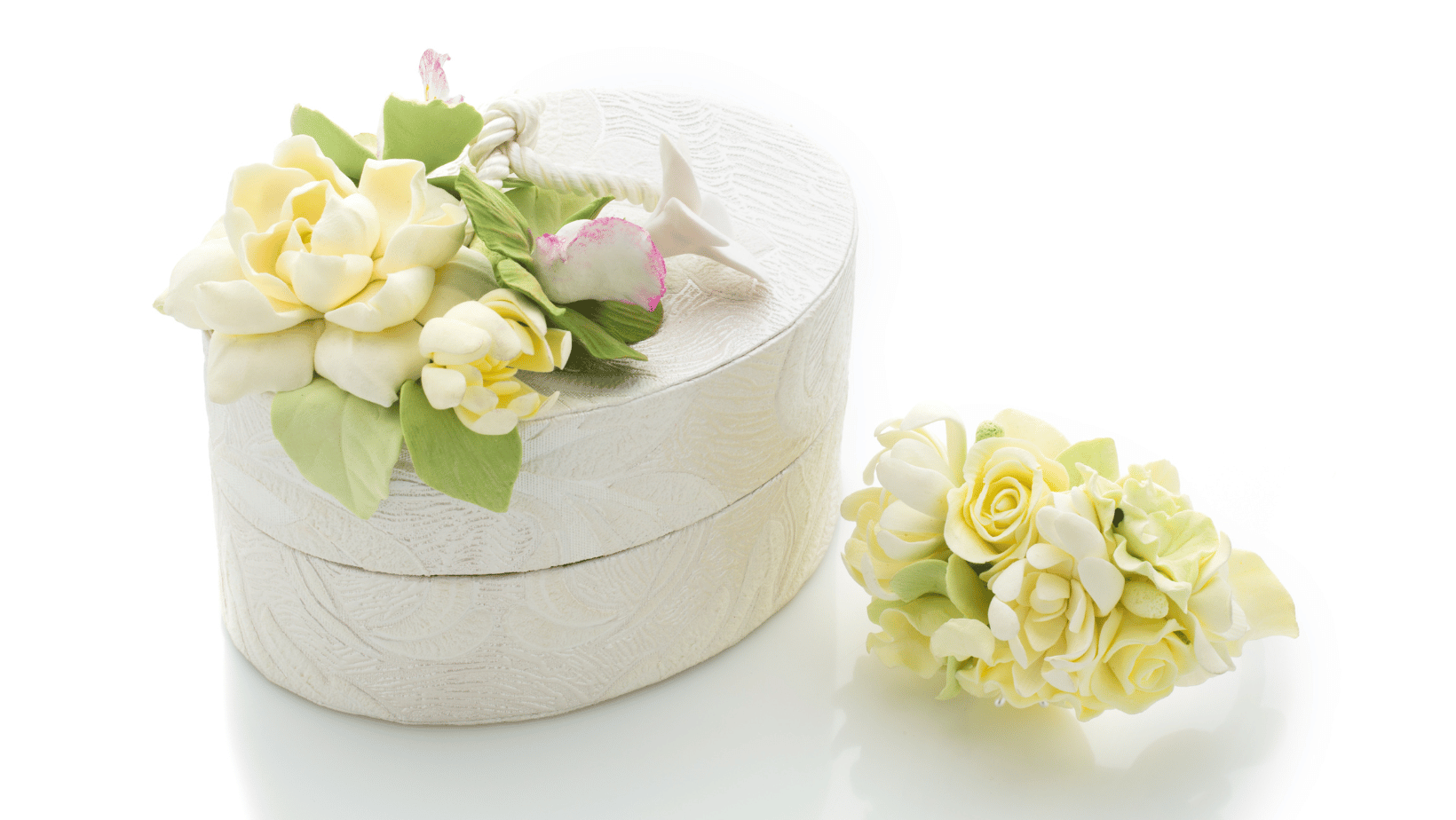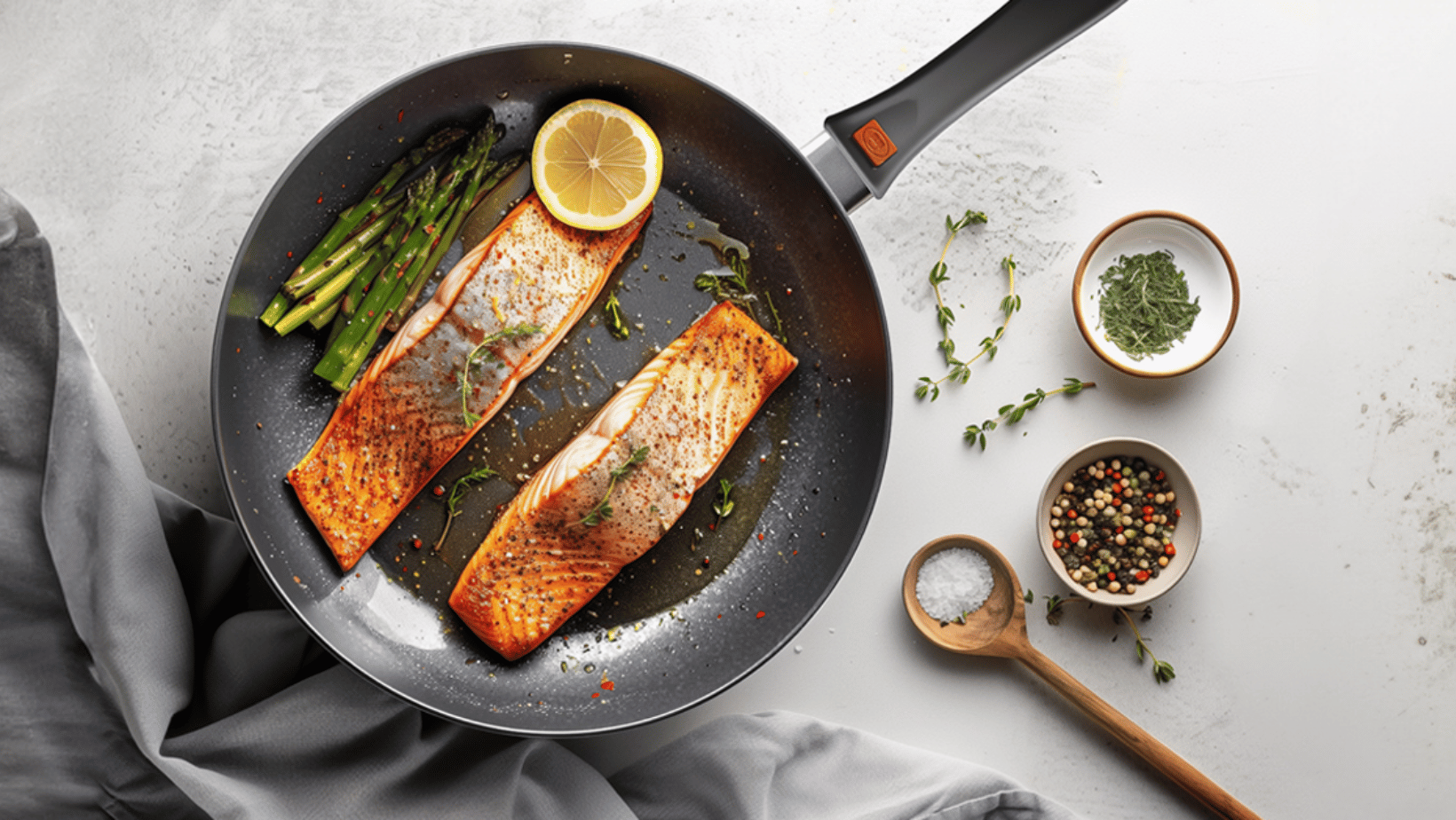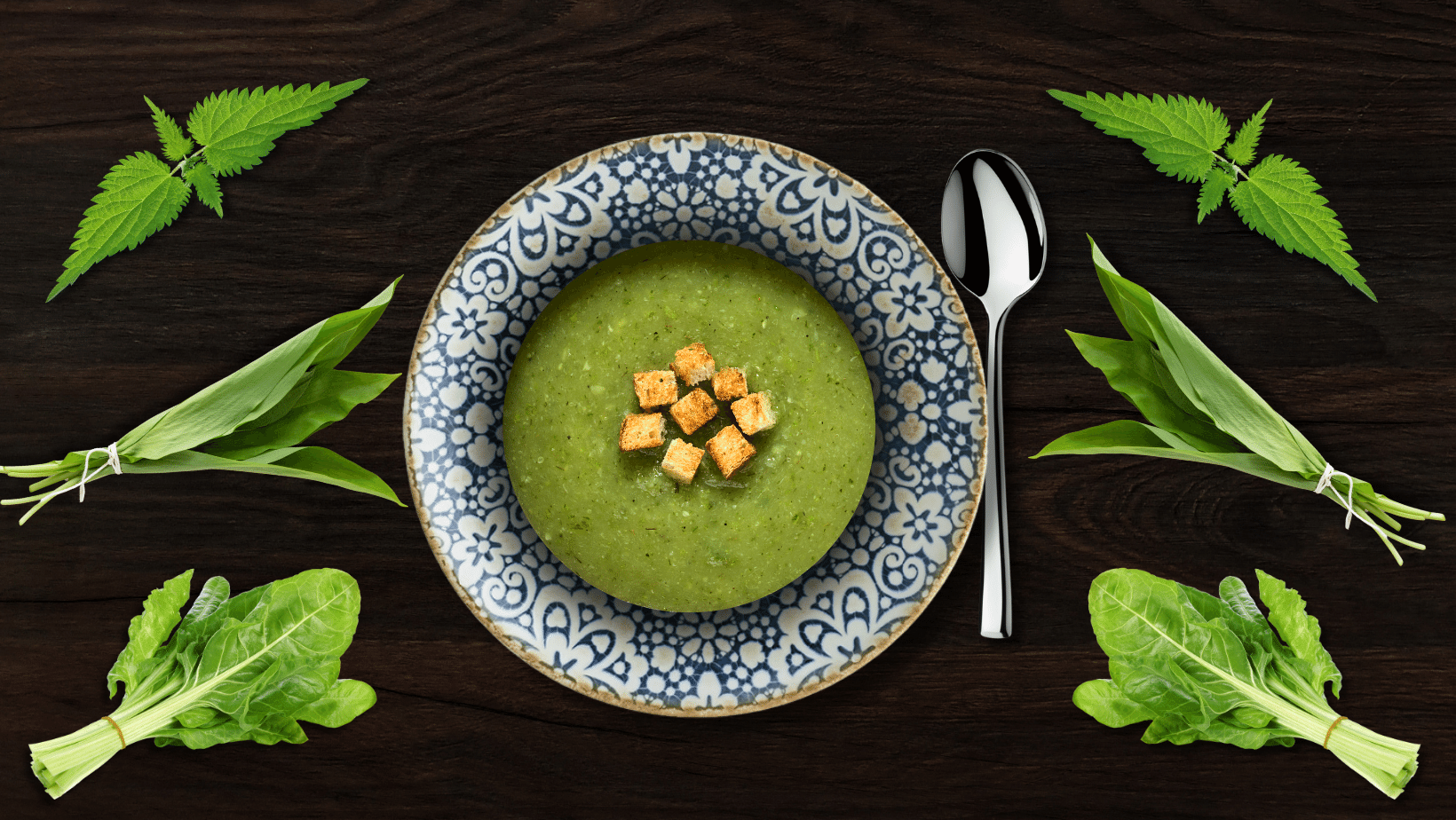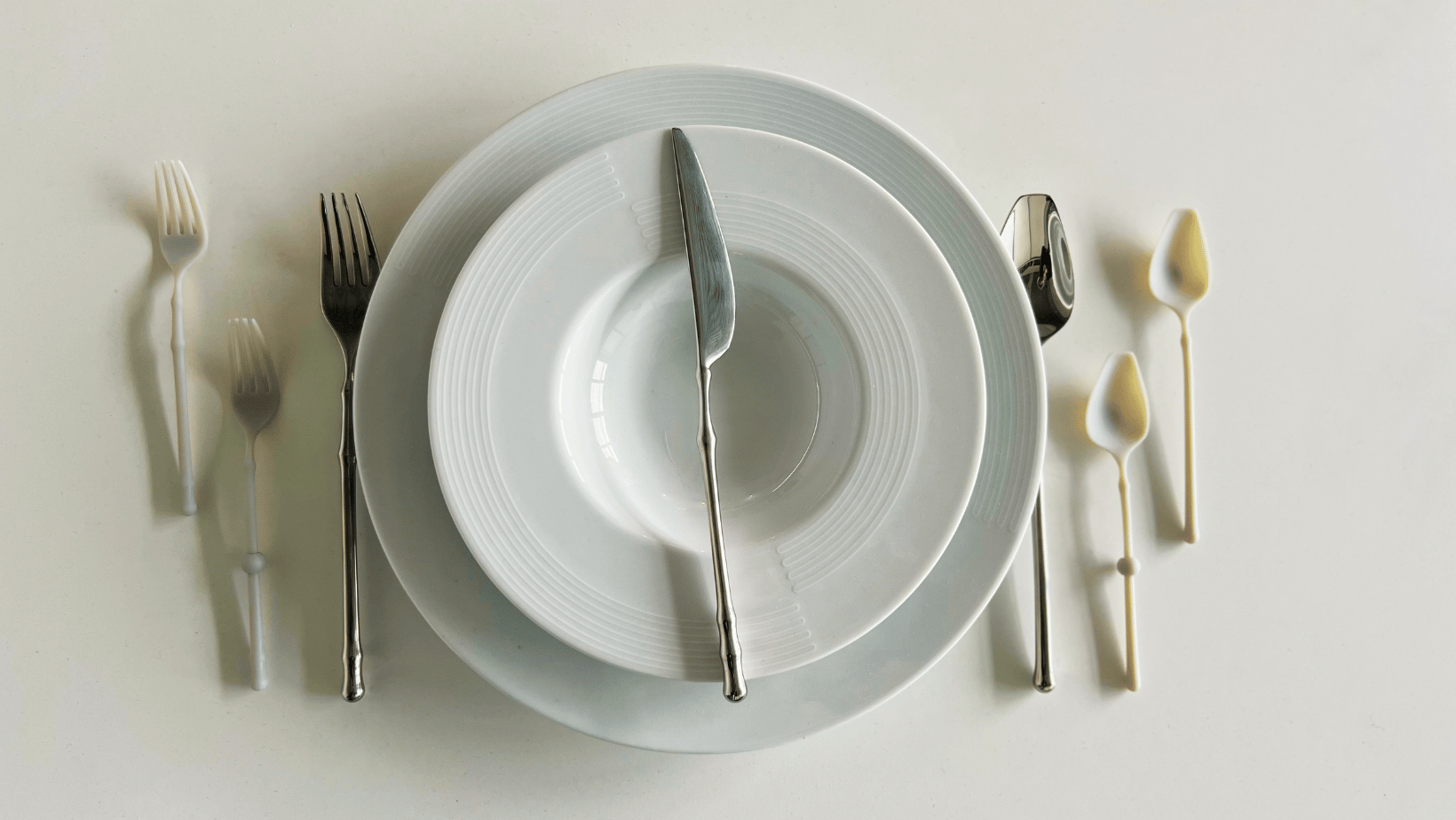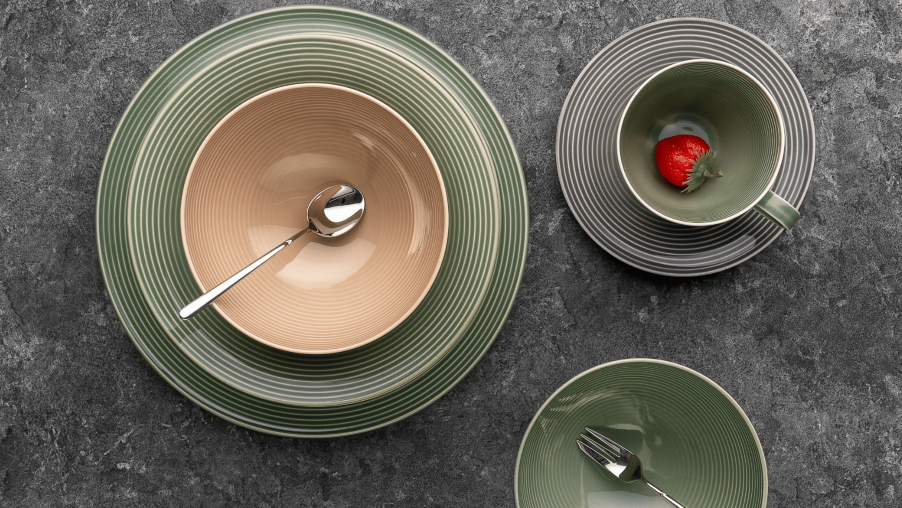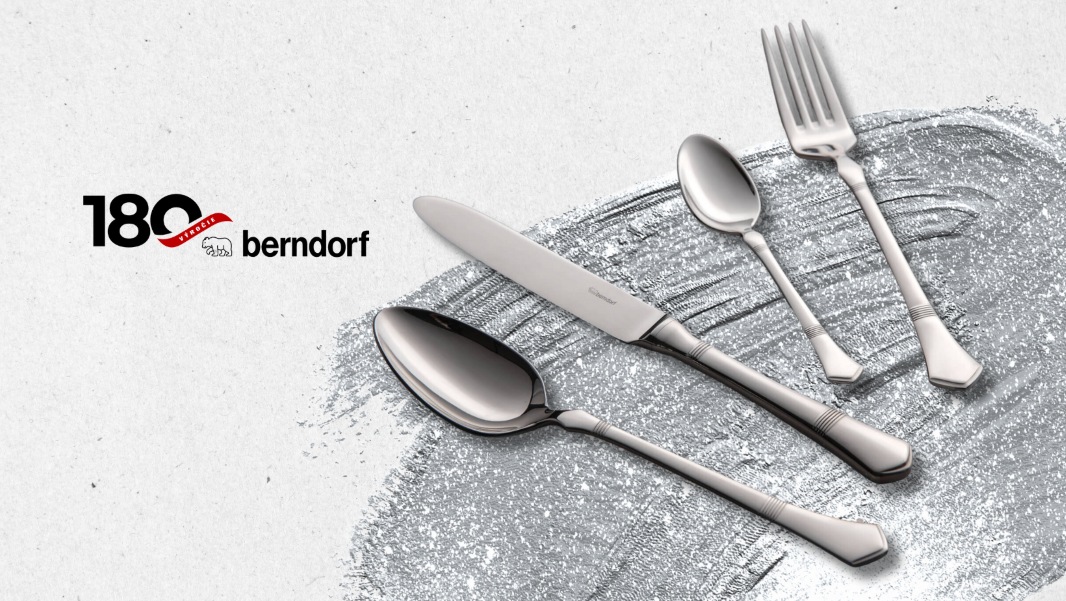The knife is a key kitchen tool. The chef's extended arm. Buying a quality knife is an investment. An investment in yourself - in your time and in your own safety. A good knife in the kitchen turns cooking into a pleasure and a joy.
As with any investment, buying is just the beginning. A good quality knife also requires care and proper handling. This will prolong your enjoyment and satisfaction with the product.
We've briefly summarised a few simple tips for the proper care of kitchen knives in this blog.
Grind, grind and sharpen
Always keep your knife ready to use with a sharp blade. Ideally, sharpen your knife before and after each use. You can sharpen your knives at home using a whetstone, knife sharpener or whetstone.
The whetstone is easy to work with on the whole. The knife should be sharpened at an angle of 20° to the surface of the sharpener. Grinding stone has a different grit on each side. Coarse for pre-grinding and fine for smooth finishing. Grinders for knives and ceramic grinders are designed for sharpening steel knives. They sharpen both straight, wavy edges and fine serrations.
Use cutting boards
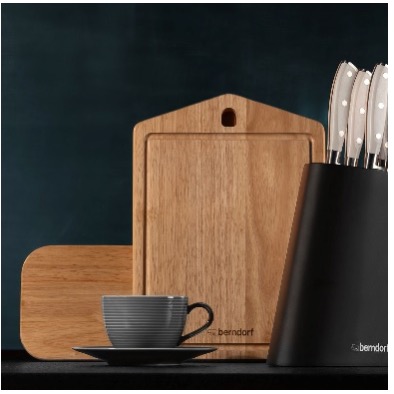 The kitchen counter, the porcelain plate, the baking sheet, the original product packaging and so on are all enemies for the knife blade. They dull the blade considerably. Plus, you're damaging the surface of the kitchen counter, which is not easily replaced. Knife nicks on the surfaces of kitchen counters or other kitchen utensils are the perfect place for bacteria to breed.
The kitchen counter, the porcelain plate, the baking sheet, the original product packaging and so on are all enemies for the knife blade. They dull the blade considerably. Plus, you're damaging the surface of the kitchen counter, which is not easily replaced. Knife nicks on the surfaces of kitchen counters or other kitchen utensils are the perfect place for bacteria to breed.
Always use cutting boards. Prefer wooden cutting boards. Wood as a natural material is kinder to the blade.
Each knife has a different purpose
Every knife has its own place in the kitchen. Using the right knife for the right purpose makes slicing easier. But it's also a question of safety. As long as you use your knives correctly, you can prevent injuries and enjoy your time in the kitchen much more.
A simple overview of kitchen knives:
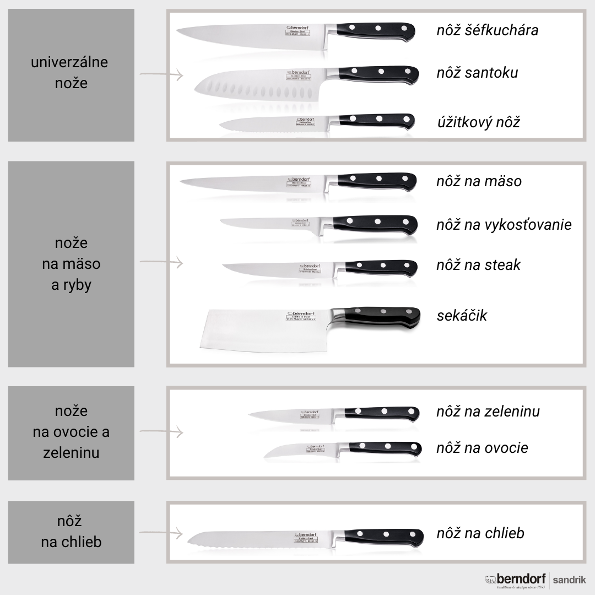
No, knives really don't belong in the dishwasher
Hand washing knives is best. The heat, humidity and drying cycle of the dishwasher will degrade the handle. The motion and vibration can direct the blade into other objects, causing it to dull. After washing, dry the blade and store it in its proper place.
Proper storage also affects the life of the knife
If you store your knives in a drawer, store them blade side up.
If you prefer racks, choose woodenstand. Natural materials are gentler on the blade. Make sure the blades are thoroughly dried before putting them in the rack. Do not leave the rack near the sink. Any moist environment in the rack is a breeding ground for bacteria.
The magnetic bar has been very popular in recent years. It is also the preferred choice of chefs. However, make sure that the knives do not cross on it.
Don't ruin a good quality knife on frozen food
Frozen foods dull the blade the fastest. If you already have to cut frozen food, choose a cheaper knife.
A word in conclusion
Proper selection and proper care lead to a longer life and satisfaction with your kitchen knife - your extended hand in the kitchen. Berndorf offers high-quality kitchen knives with which even top chefs in gastro establishments prepare meals. Browse our range of kitchen knives here.
